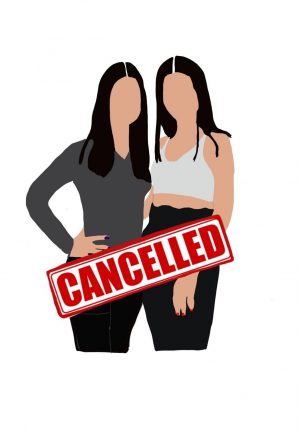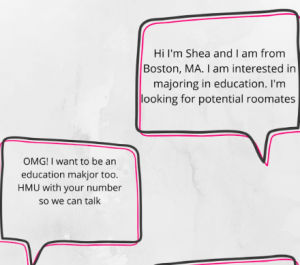Dr. Seuss’s legacy receives well-deserved backlash due to racist illustrations
Photo courtesy of Barnes and Noble
Dr. Seuss is best known for his rhyming children’s books with abstract characters and concepts, however in recent events, his products of racism are being remembered as well.
Dr. Seuss’s birthday, more commonly known as Read Across America Day, was celebrated on March 2. Elementary school children usually read Dr. Seuss books in school, and they honor his birthday by having Dr. Suess themed parties and celebrations in their classrooms. However, some books will cease to be celebrated due to racism in the illustrations of six different books.
Dr. Seuss Enterprises released their statement on the author’s birthday, using positivity and reassuring the public that this decision was to promote inclusivity and friendship. They made the right call, because ultimately, racism is not born, it is taught, and the way to root out racism is to stop teaching it, which evidently means eliminating it from classrooms and libraries.
The books in question are, “And to Think That I Saw It on Mulberry Street,” “If I Ran the Zoo,” “McElligot’s Pool,” “On Beyond Zebra!,” “Scrambled Eggs Super!” and “The Cat’s Quizzer.” Although the books were pulled out of production to encourage positivity, critics of the decision believe it is a product of “cancel culture,” that people are trying to “cancel” Dr. Seuss.
In light of how I believe racism shouldn’t be tolerated in any capacity, I don’t think this decision was made to “cancel” Dr. Seuss or censor any literature. It was made with the intention to make children and families who could be offended by the depiction of their races feel more supported.
Although this is the first time Dr. Seuss Enterprises addressed the controversy, it isn’t the first time racism was discovered in Suess’ work. Some of his early writing and cartoons contain slurs and offensive descriptors of both Asian and Black people. The way he characterized people who were different from him is quite disgusting to see, especially because I and so many others grew up reading and loving his books.
I am not trying to “cancel” Dr. Seuss, but to hold his negative drawings and stories accountable for how they can be harmful to children of color. It can cause a plethora of problems regarding self image and self worth. Not to mention, the once celebrated work can make children who read these books believe that the mocking and disrespectful behavior is acceptable, and can even be praised.
“Cancelling” and holding people to a humane standard are two very different things; the illustrations that Dr. Seuss created during his lifetime reflects xenophobia and bigotry, and thus shouldn’t be supported. This doesn’t mean that all Dr. Seuss books should be burnt, but that the damaging works should be recognized and removed.





















































